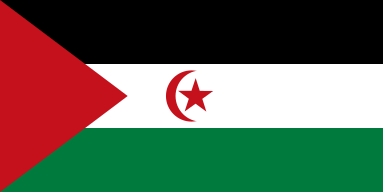Western Sahara is a disputed territory located in North Africa with a population of approximately 600,000 people. The region's economy is primarily based on fishing and some agriculture, although the political situation and territorial dispute hinder its economic development and international trade activities.
Key Economic Sectors:
Fishing: Fishing is a crucial sector in Western Sahara's economy, with the region's rich marine resources providing an important source of livelihood and food security for the local population.
Agriculture: Agriculture, particularly pastoral nomadism and small-scale farming, also plays a role in Western Sahara's economy. Crops like dates, cereals, and vegetables are grown in oases and coastal regions.
Trade Partners:
Export Partners: Western Sahara primarily exports fish and fishery products. Some of the key export partners are the European Union countries, particularly Spain, which maintains a significant fishing presence off the coast of Western Sahara.
Import Partners: Western Sahara imports a variety of goods, including food products, fuel, construction materials, and other essential commodities. Import partners include neighboring countries and international trading partners.
Trade Challenges:
Political Situation: The status of Western Sahara remains unresolved, with competing claims from Morocco and the Sahrawi Arab Democratic Republic (SADR). This ongoing political dispute creates uncertainty and hinders the region's economic development, including international trade activities.
Limited Infrastructure: Western Sahara lacks developed infrastructure, including ports, roads, and telecommunications, which can hamper trade activities and economic growth.
Future Prospects: The future prospects for international trade in Western Sahara are closely tied to the resolution of the political situation and the development of local infrastructure. Once these challenges are addressed, the region's economic potential, particularly in the fishing sector, could be better realized, opening up opportunities for trade with regional and international partners.


